- S.D. Eibar ready for maiden La Liga outing
- SD Eibar stengthen ahead of debut La Liga season
- Can ‘Super Mario’ live up to expectations in Madrid?
- MAN IN THE GROUND – Brentford 0 – 4 Osasuna
- Historic Basque derby welcomes S.D. Eibar to La Liga
- Munich to Madrid, via Brazil – Tony Kroos
- Rakitic in Spanish Switch
- Can Spain find redemption in Rio?
- Viva Espana! A season of redemption for Spanish football
- From the old to the new: who can fill the void in years to come for La Roja?
Spotlight Season: Cruyff, Michels and Total Football end the Barca drought 1973/74
- Updated: 30 July, 2012
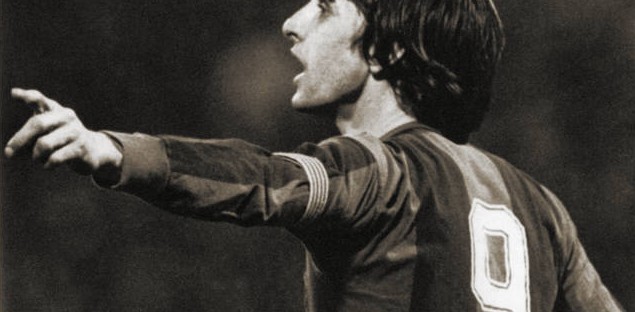
Background
The 1960’s had not been a swinging time for Barcelona. Financially crippled by the cost of building the Camp Nou and unable to sell the land on which the old Les Corts stood, the club had to slake its thirst for trophies with a couple of wins in the domestic cup and victory in the 1966 Fairs Cup. In 1971, the directors of Barcelona decided to adopted a more aggressive approach and set about funding a renaissance. Their first objective was to sign the hottest coach in Europe, Ajax’s European Cup winning manager Rinus Michels. The club then set about challenging the RFEF’s ban on overseas players and the folly that had replaced it in 1962, the oriundos, or players of Spanish Origin.
Faced with a veritable can of worms, the Federation relented and allowed clubs to sign two overseas players from the start of the 1973-74 season. Anticipating the change, Real Madrid reached an agreement with Ajax for Johan Cruyff, but the world’s best player would have nothing to do with the deal that had been agreed behind his back. Sensing an opportunity, Barcelona moved in and on 13 August 1973, Cruyff signed for the Catalan giants. As news of the agreement of Real Madrid and Ajax’s deal surfaced, the RFEF refused to sanction the deal and memories of the controversial Di Stéfano transfer resurfaced. However, Barcelona and Cruyff stood firm and eventually, eight weeks into the season, Barça got their man.
The story of the campaign
Maybe it was the tension over the transfer or the fact that neither Real Madrid nor Barcelona had strength in depth, but both clubs made poor starts to the season. Atlético Madrid made the early running heading the table for five of the first six weeks, before Valencia took over at the top. Barça’s start was particularly poor and three defeats and two draws in the first six matches saw the club one off the bottom of the league. Cruyff’s transfer was finally sanctioned and he made his official debut on 28 October 1973 in the home match against Granada. In a sign of things to come, Cruyff ran the show and scored twice in a 4-0 victory. Barcelona went on a 26 match unbeaten run and hit the top of the league in week twelve. They sealed their first league title since 1960 with a 2-4 victory over Sporting Gijón at El Molinón with five matches still to play.
Match of the Season
Barcelona and Cruyff in particular were at times unplayable. From early December, Barça won 12 out of thirteen matches, the only blot being a 0-0 draw with Espanyol at Sarria. This run included impressive wins at Valencia and a 2-1 home win over Atlético, where Cruyff scored the “Phantom Goal” with a back heeled volley. However, the game that will live longest in the memory was Barça’s victory at the Bernabeu on 17 February 1974. Two goals from Sensi, plus strikes from Sotil, Perez & Cruyff, sealed a record margin of victory by five goals to nil.
Extras
Real Oviedo, Racing Santander and Castellón were the seasons fall guys, dropping to La Segunda in May. Real Madrid’s poor form continued, registering their lowest final placing since 1950-51. There was some redemption for the poor league season and the humiliation by Barcelona in the league, when Los Merengues won the Copa del Generalísimo, beating Barcelona 4-0 at the Vicente Calderon.
The records
Unsurprisingly, Barcelona were the league’s top scorers with 75 goals, 24 more than next nearest, third placed Real Zaragoza. It seemed that only Michels Barcelona had the antidote to catenaccio, as nearly half the teams failed to average more than a goal a game. Real Oviedo managed just 29 goals, with 24 coming from the dual strike force of Enrique Galán & Marianín. Sportin Gijón bucked the trend with 108 goals coming in their 34 matches. A total of 710 goals were scored at an average of 2.32 per game.
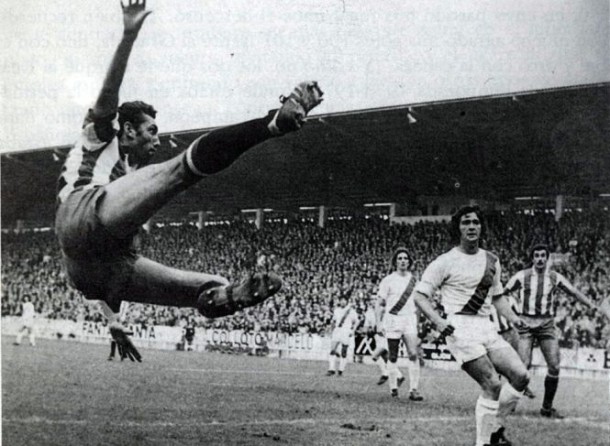 Pichichi
Pichichi
With 20 goals in x matches, this was the first of Quini’s five Pichichi’s. The first three came with Sporting Gijón, who had snapped him up as a teenager playing in the Tercera for Aviles based Club Deportivo Ensidesa. He enjoyed a four year stint in Barcelona, before returning to Sporting Gijón in 1984. Quini’s total of 219 top flight goals places him fifth in the all-time standings.
Zamora
Barcelona’s Salvador Sadurní won the Trofeo Zamora conceding just 20 goals in 30 starts. During his 16 career at Barcelona, Sadurní fought for the first team jersey with two other renowned Catalan custodians, namely José Manuel Pesudo and Miguel Reina. This restricted his first team appearances to a modest 247 league matches, but did not stop Sadurní winning the Zamora on 2 other occasions.
The Clubs today
Eleven of the teams from 1973-74 season feature in this year’s La Primera. Four clubs, Celta Vigo, Elche CF, UD Las Palmas and Real Murcia play their football in La Segunda, whilst Real Oviedo has gone through many trials and tribulations on the way to a place in Segunda B. CD Castellón, a top tier club until the early 1990’s, has lost its place as their provinces top-dog to Villarreal. The club are facing potential meltdown, having been demoted to the Tercera in 2011 for failing to pay their players. This was a problem that was all too familiar to CD Málaga, who folded in 1992.
Follow @icentrocampista

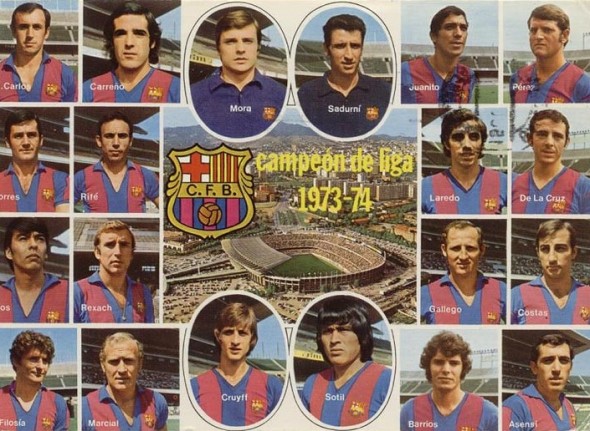
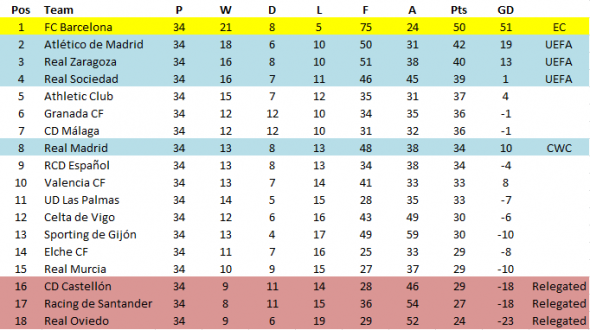
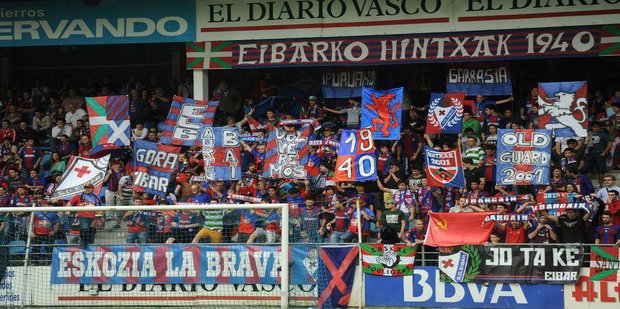

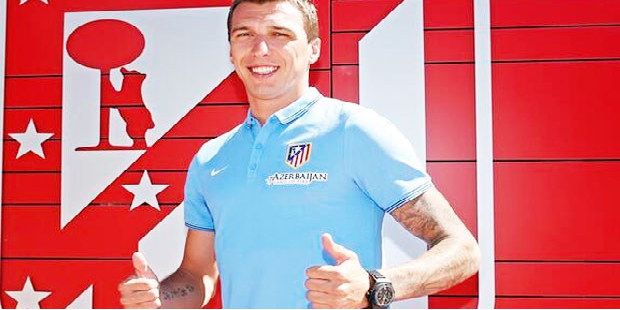


You must be logged in to post a comment Login